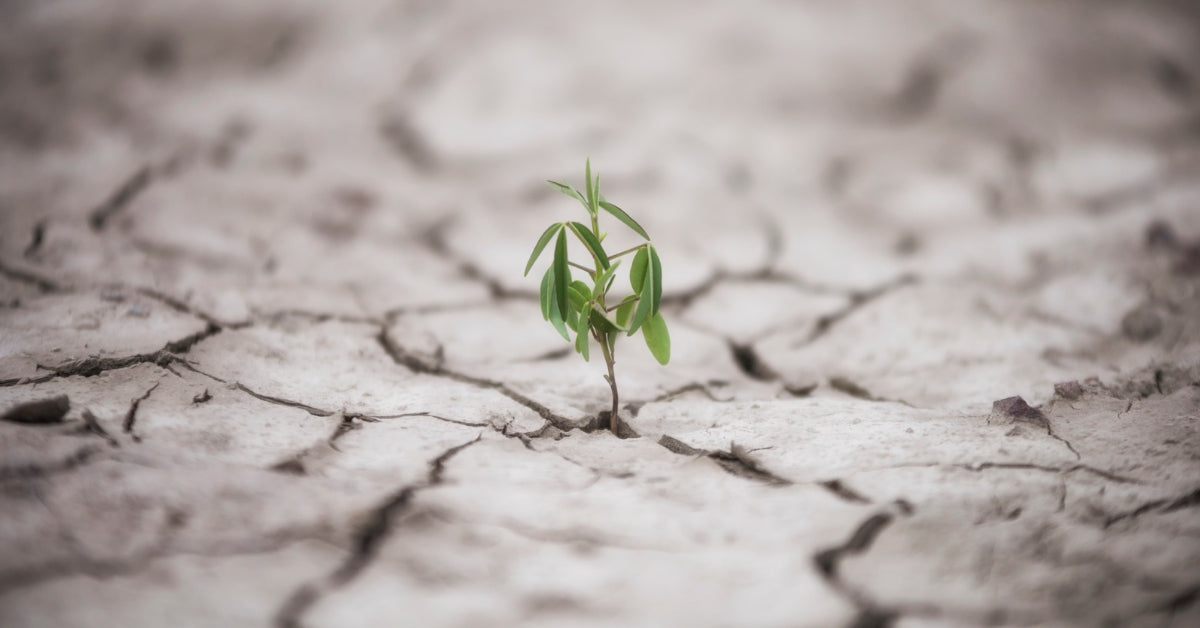
Resilience is the ability to bounce back from challenges and setbacks, to adapt and grow in the face of adversity. Building resilience can help improve mental health and well-being, allowing individuals to better cope with stress, overcome obstacles, and maintain a positive outlook on life. Here are some strategies for building resilience and improving mental health.
Build a Support Network
One of the most important ways to build resilience is to establish a strong support network of family, friends, and other trusted individuals. A support network can provide emotional support, advice, and encouragement during difficult times, helping individuals cope with stress and overcome challenges. It's important to reach out to others, stay connected, and build meaningful relationships.
Practice Mindfulness and Self-Care
Mindfulness and self-care practices are essential for building resilience and improving mental health. Mindfulness involves being present at the moment, focusing on the present, and letting go of worries about the future or regrets about the past. Self-care involves taking care of oneself physically, emotionally, and mentally and includes activities such as exercise, healthy eating, and getting enough rest. Incorporating mindfulness and self-care into daily routines can help reduce stress, increase resilience, and improve overall well-being.
Set Realistic Goals
Setting realistic goals and working towards them can help build resilience and improve mental health. Goals should be specific, measurable, achievable, relevant, and time-bound. Setting achievable goals can help individuals build confidence, maintain focus, and develop a sense of purpose. Celebrating small successes along the way can also help build motivation and resilience.
Practice Positive Thinking
Positive thinking can help improve mental health and build resilience by changing negative thought patterns and focusing on the positive. This involves reframing negative thoughts into positive ones, focusing on strengths and successes, and using positive affirmations to boost self-esteem. By practicing positive thinking, individuals can improve their outlook on life, reduce stress, and build resilience.
Cultivate Gratitude
Gratitude involves focusing on the good in life, appreciating what one has, and being thankful for the people and experiences that bring joy and meaning. Cultivating gratitude can help build resilience by increasing positive emotions, reducing stress, and improving overall well-being. Practices such as keeping a gratitude journal, expressing gratitude to others, and focusing on the positive aspects of situations can help cultivate gratitude and build resilience.
Building resilience takes time, effort, and practice, but it can have a significant impact on mental health and well-being. By building a strong support network, practicing mindfulness and self-care, setting realistic goals, practicing positive thinking, and cultivating gratitude, individuals can improve their ability to bounce back from challenges, adapt to change, and grow in the face of adversity.






